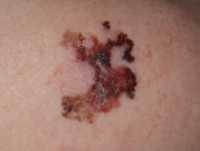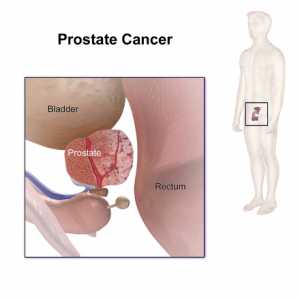Author Interviews, Cancer Research, JAMA / 06.09.2022
T-Cell Sequencing May Allow Relapsed Multiple Myeloma Patients to Respond to Further Therapies
MedicalResearch.com Interview with:
Samir Parekh, MBBS
Hematology-Oncology, Cancer
Director of Translational Research in Myeloma and
Co-leader of the Cancer Clinical Investigation program
The Tisch Cancer Institute
Icahn School of Medicine at Mount Sinai
MedicalResearch.com: What is the background for this study? What are the main findings?
Response: Clinical outcomes for myeloma patients patients have improved significantly over the past decade with the introduction and success of newer immunomodulatory treatments such as CART cell therapy and bispecific antibodies. Strategies are needed to determine the best treatment options for patients relapsing or unresponsive to initial courses of these types of therapies.
We analyzed the outcomes of patients relapsing after bispecific antibody therapy for myeloma. Our data shows that sequencing of bispecific antibodies or CART after initial bispecific failure can effectively salvage patients and lead to excellent outcomes in myeloma. This provides the foundation for future studies combining this new class of immunotherapy with CART or additional bispecific antibodies to improve outcomes in myeloma.
(more…)






























